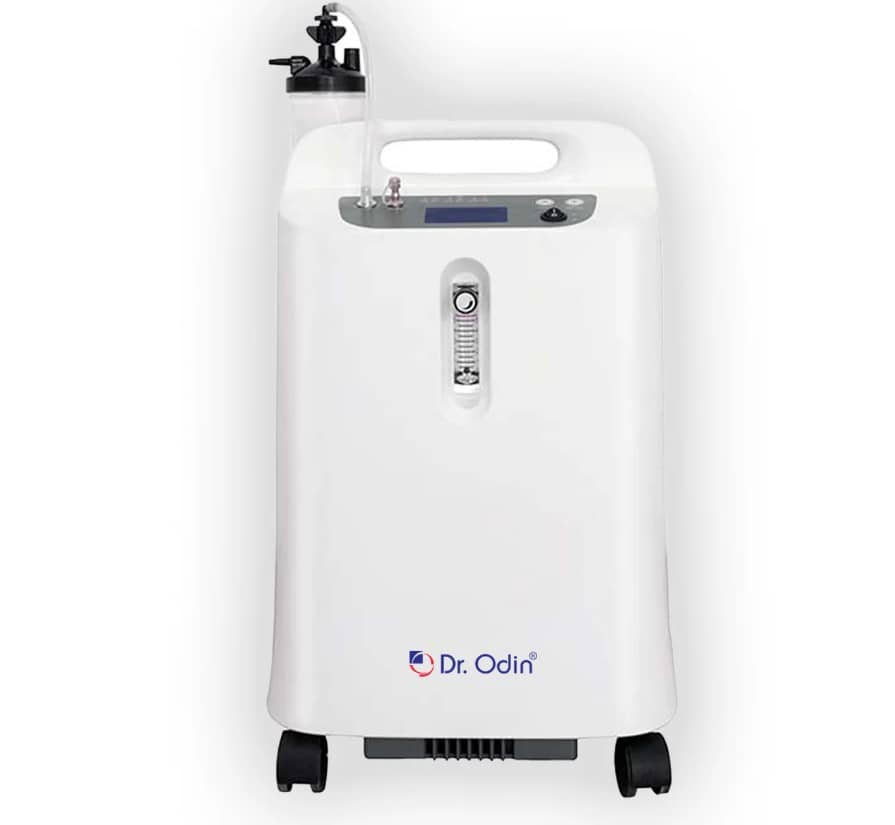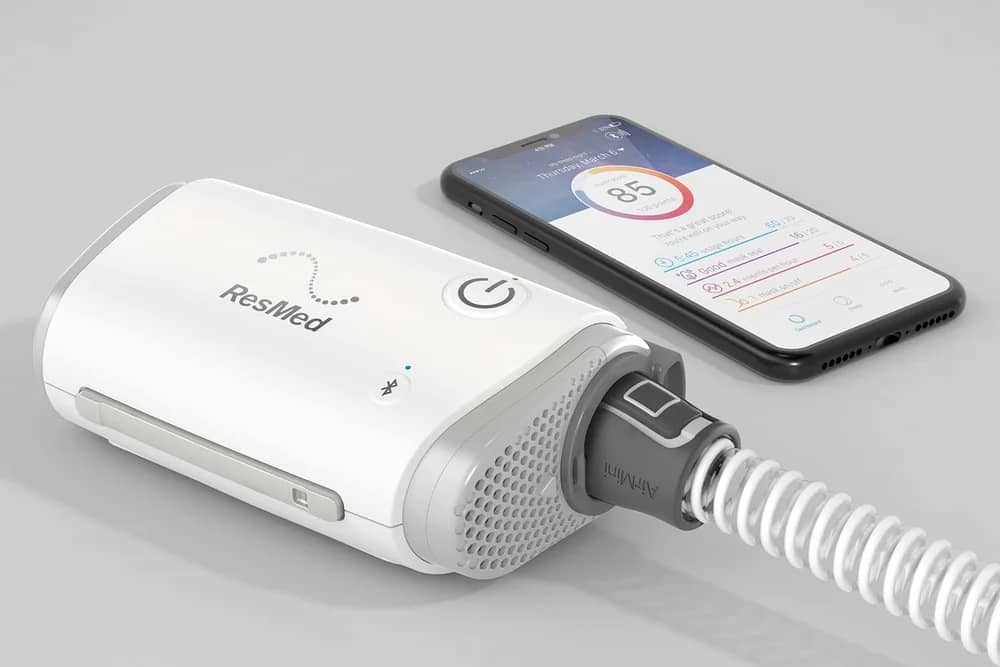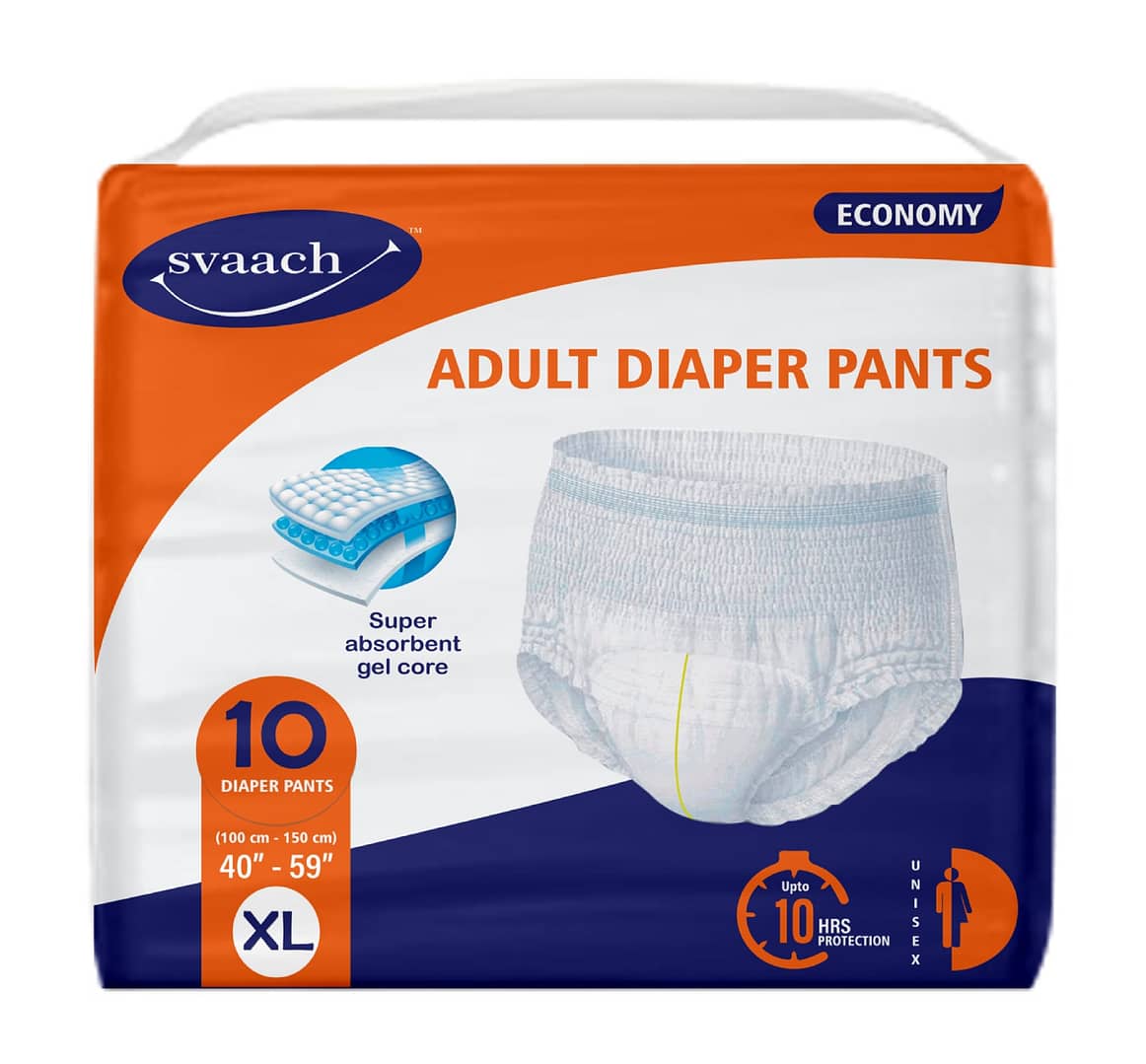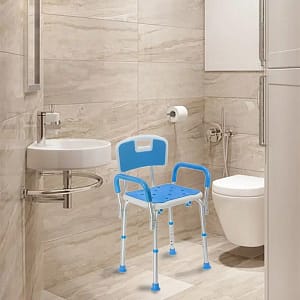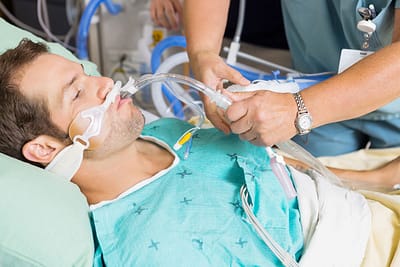Everyone must visit a dentist regularly, often following a set schedule. Even if you diligently practice proper dental care, you need expert help to ensure your teeth stay healthy and strong for many years.
However, there might be times when you need to make a sudden trip to the dentist’s office. Painful and debilitating concerns may pop up, forcing you to have emergency dental work. Not sure what issues warrant immediate care? Read on to learn the common situations that will land you straight to the dentist’s chair.
1. Toothaches and Infections
Toothaches are among the most common dental problems. It has even been reported that 36.2% of children and adolescents experience them. They can be a sign of an underlying dental problem, which is why you need to get emergency dental work when you think you have it.
One typical cause is pulpitis, which occurs when the nerve inside the tooth becomes inflamed. Another possibility is a gum infection that can also lead to toothaches and other symptoms.
The common signs that you have a toothache or tooth infection include:
- Pain: A throbbing or aching sensation in the affected tooth
- Sensitivity: Pain when eating hot, cold, or sweet foods
- Swelling: A noticeable bulge in the cheek or jaw
- Fever: A temperature higher than normal
- Bad breath: An unpleasant odor coming from the mouth
If you’re experiencing severe dental pain, difficulty eating or sleeping, or swollen gums, it’s important to seek emergency dental service from a reputable dentist right away. A dentist Margate locals trust, for instance, can manage your dental concerns with personalized treatment plans before they worsen.
2. Trauma to the Teeth
If you’ve ever played contact sports, you may have experienced a dental emergency like trauma to your teeth. The usual ones include chipped or cracked teeth, tooth avulsion (knocked-out teeth), and a broken jaw.
Rinse your mouth with warm, clean water immediately after the accident. The water will clear out debris and blood, setting the stage for treatment. Next, apply a cold compress to the affected area and contact your dentist as soon as possible. Depending on the issue and its severity, they may recommend one or several treatment options.
- Dental Bonding: Dental bonding is a quick fix for minor damage. Your dentist applies resin to repair cracks, chips, or discoloration, seamlessly blending it with your smile.
- Crowns: For more severe dental damage, a crown might be necessary. This custom-made cap restores your tooth’s strength, shape, and appearance.
- Root Canal Therapy: Root canals save badly damaged or infected teeth. Dentists remove the problematic inner part and fill it so your tooth gets a fresh start.
- Dental Implants: These artificial tooth roots are surgically placed into the jawbone. They can support crowns, bridges, or dentures.
No matter how minor the chip or the pain you feel, seek prompt dental care. Leaving it untreated could lead to further problems.
3. Dental Abscesses
Abscesses are a serious dental emergency; they happen when an infection in the mouth causes pus to build up under the teeth or gums. This can result in severe pain; if not treated quickly, the infection can spread to other parts of the body.
They’re often caused by:
- Untreated Cavities: Cavities that have progressed to the pulp can lead to infection.
- Gum Disease: Periodontal disease can create pockets around your teeth. Bacteria can accumulate here and cause infection.
- Injury to the Tooth: Tooth trauma could cause pulp damage, which subsequently encourages bacterial access, possibly increasing the risk of infection.
Common symptoms of dental abscess include aggravated pain, swelling, fever, and bad breath that sticks. If you experience these symptoms or any others related to dental abscesses, seek emergency dental care immediately.

4. Oral Cancer
Cancers are severe, often fatal, medical conditions and oral cancer is one of them. If you have this complication, the rest of your mouth—including lips, tongue, cheeks, and gums—may also be affected. People who smoke or drink alcohol regularly or have a human papillomavirus (HPV) infection are at greater risk of oral cancer.
Symptoms of oral cancer could include sores or ulcers that don’t heal, white or red patches in the mouth, and difficulty chewing or swallowing. If you notice any of these symptoms, see a dentist or oral surgeon for evaluation and emergency dental work.
Regular dental check-ups and self-exams play a critical role in the early detection of oral cancer; this can potentially lead to improved treatment outcomes and quality of life. This becomes increasingly important as you age, with studies showing that oral cancer mortality rates are significantly higher among adults aged 65-74, reaching 29.4%.
5. Dental Emergencies in Children
Children are particularly prone to dental emergencies, such as dental trauma and tooth decay. Because these issues may affect their oral health growing up, it’s a must to:
- Schedule regular dental check-ups: Regular dental visits can pinpoint and treat potential dental problems before they get worse.
- Encourage good oral hygiene habits: Teach your children to brush their teeth twice a day with fluoride toothpaste and to floss daily.
- Limit sugary drinks and snacks: Consuming too much sugar may cause tooth decay and many other dental problems.
Most kids will tell you if they’re feeling any dental pain, but if your child refuses to say anything, gently encourage them. It’s a possible scenario, as 7% of seven-year-old children and 8% of nine-year-olds in one study claim to have dental fears and anxieties.
They might be afraid of the dentist and know that by telling you about their toothaches, you’ll have to take them to a dental clinic. In this case, clearly explain to them the reasons why they need to go to the dentist without mentioning negative words to scare them further.
Focus more on the healing and comfort a skilled dentist provides in emergency dental work. Then, after successful treatment, remind your child again to practice good oral health habits to keep their teeth healthy and bright.
Wrapping Up
Don’t take your dental issues lightly, no matter how mild they appear. Even something as simple as a minor toothache may be covering something more severe. So, gather the strength to visit your dentist! They’ll provide you with the emergency dental work you need to get back to better oral health.
Remember the common symptoms and follow through with your regular dental check-ups. Consistent and good oral health care could also reduce the risk of having dental emergencies. Preventing dental problems is, after all, better than treating them.
*****



